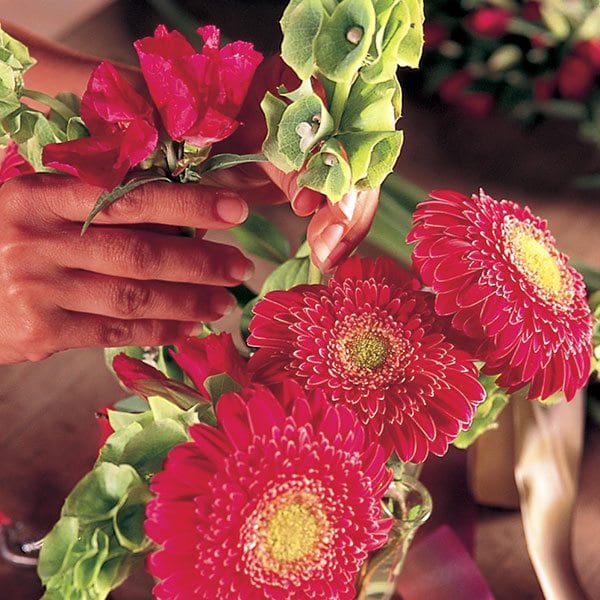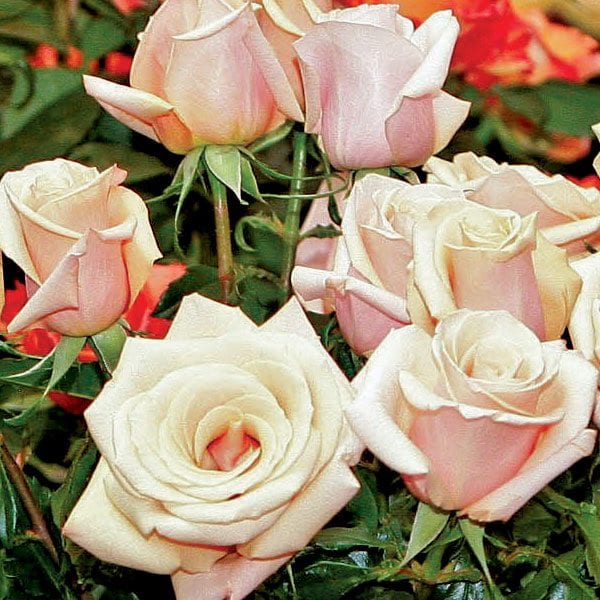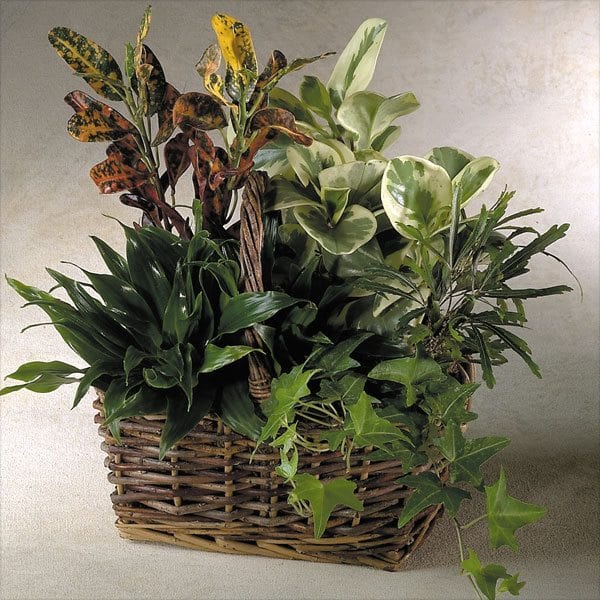CARE TIPS
Flowers & Pets
Flowers and plants are decorative and not meant to be eaten. As with any non-food product, some flowers and plants can have varying effects on pets if ingested. Visit the American Society for the Prevention of Cruelty to Animals for a list of Toxic and Non-Toxic Plants.
FAQs — FLOWER CARE
What is the best way to take care of a flower arrangement?
It depends on how they are packaged:
- If you receive flowers in a container with floral foam, be certain the container is full of water every day. The water should be treated with the floral food provided by your florist. Using your finger, feel under the greens for a place where water can be added. Or you can pour water slowly into the center of the arrangement, keeping a finger in the container to gauge the water level.
- If you receive flowers in a vase, check to be sure the water is always clear. If the water turns cloudy, empty it and add fresh water mixed with the floral food provided by your florist. If possible, re-cut the stems with a sharp knife before placing them in the fresh water.
- If you receive flowers in a box or tissue, remove all of the foliage that falls below the water line, then cut the stems with a sharp knife in a sink full of warm water. Be sure to cut the stems under the water and place them immediately into a vase of warm water mixed with the floral food provided by your florist.
No matter what type of arrangement you have, it is important to keep your flowers off of televisions, appliances and heating/cooling units. You should also keep them away from hot or cold drafts and out of direct sunlight.
What is wrong with the water in a vase when it turns yellow and cloudy?
This is a natural sign that bacteria are growing in the water. Bacteria can clog stems and shorten the vase life of flowers, so keep the water clear at all times to ensure the longevity of your blooms. If your water starts to turn cloudy, immediately empty the vase and add fresh water, preferably mixed with the floral food provided by your florist. Re-cut the stems with a sharp knife under warm water before placing them in the vase of fresh water.
Since flowers like sunshine, should I put my arrangement in the sun when I get it?
No. Growing flowers require sunshine for maturation, but cut flowers will fade much faster if exposed to heat and direct sunlight. To keep flowers fresh longer, place them in a location away from sun and drafts.
Is it possible to revive a wilted rose?
Sometimes. If a rose wilts prematurely, remove it from the arrangement and try the following easy tip to perk it up. Fill a sink with warm water. Lay the rose horizontally in the water bath and cut the stem (about 1″) with a sharp knife under the warm water. Leave the rose in the bath for about two hours and let the water cool. This process can work wonders, but if the rose is already past its vase life it will not revive.
Most floral arrangements last 4-7 days or longer, depending on the flowers used and the care they receive. The Society of American Florists provides these tips for longer-lasting, more vibrant flowers: For floral arrangements
- Keep the vase filled (or floral foam soaked) with water containing a flower food provided by your florist. Flower foods make flowers last longer but it is important to follow the mixing directions on the flower food packet. Most packets are to be mixed with either a pint or a quart of water. Flower foods should not be diluted with more water than is specified on the packet.
- If the flower food solution becomes cloudy, replace it entirely with properly mixed flower food solution. If possible, re-cut stems by removing one to two inches with a sharp knife. Be sure to use a sharp knife or clippers that will not crush the stems. Immediately place the stems into solution.
- Keep flowers in a cool spot (65 to 72 degrees Fahrenheit), away from direct sunlight, heating or cooling vents, or directly under ceiling fans. Most flowers will last longer under cool conditions.
For loose bunches or boxed flowers
- Keep your flowers in a cool place until you can get them in a flower food solution. Don’t forget how important it is to follow the mixing directions on the flower food packet.
- Fill a clean (washed with a detergent or antibacterial cleaning solution), deep vase with water and add a flower food from your florist.
- Remove leaves that will be below the waterline. Leaves in water will promote bacterial microbial growth that may limit water uptake by the flower.
- Re-cut stems by removing one to two inches with a sharp knife. Place the flowers in the vase solution you’ve prepared.
Selecting Flowers
- When selecting flowers, look for flowers with upright, firm petals and buds beginning to open. Yellow, spotted or drooping leaves are signs of age.
- When using woody stems and branches (such as quince, forsythia or lilac), cut the stem with sharp pruning shears. Place them in warm water containing fresh flower food to promote flower opening.

- If your roses arrived in plastic water tubes, remove them before arranging.
- Remove any leaves that will be under water, taking care not to cut through or scrape the green bark.
- Recut stems by removing 1-2 inches with a sharp knife.
- Immediately after cutting, place roses in a clean, deep vase of water containing a flower food provided by your florist.
- Check the flower food solution daily and make sure to keep it full, clean, and fresh. If the solution becomes cloudy, replace it entirely.
- Keep your roses in a cool place, out of direct sun and drafts.

Not only are green and flowering plants a great enhancement to any home or office decor, they are also beneficial to your health. The results of a study by the National Aeronautics and Space Administration (NASA) show that common houseplants are powerful, natural air cleaners – all the more reason why you want to keep your plants healthy with the proper care.
Most plants come with care instructions specified for the type of plant. The Society of American Florists provides these additional general guidelines to keep most green houseplants thriving:
- Keep plants in medium-light locations – out of direct sunlight
- Natural light is best, but some plants can also thrive in office fluorescent light. Most flowering potted plants should be placed in areas with the most light in order to maintain good flower color and promote the maximum number of flowers to open. Foliage plants will do well under lower light levels and can be placed in areas providing reduced light.
- Plant soil should be kept moist at all times
- Plants should not be allowed to dry out or wilt. Be careful to avoid overwatering – do not allow plants to stand in water.
- Avoid wetting plant leaves
- Avoid excessive heat or cold
- Plants should be kept in a cool spot (between 65 to 72 degrees Fahrenheit) for best performance. They should be kept away from direct sunlight, heating or cooling vents, or directly under ceiling fans.

Aboutflowers.com is hosted by the Society of American Florists, the U.S. floral industry trade association. Click below to find a local SAF member florist to send flowers, roses and gifts for delivery.



